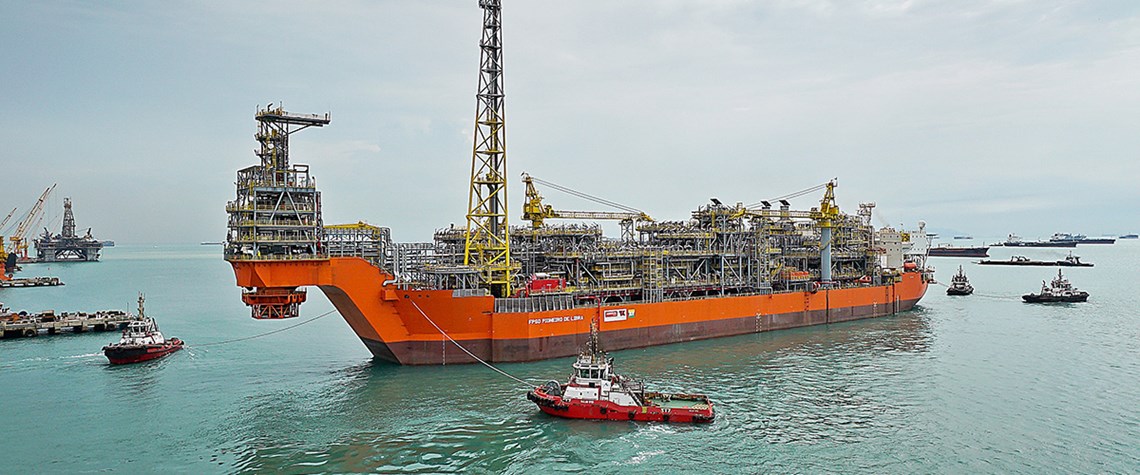Brazil back on track
This year should see Brazil's recovery deepen, but also holds the risk of a presidential election derailing it
After a promising 2017, this year looks set to be a busy and productive one for Brazil's oil industry. The market re-opening will be consolidated with new acreage offers, important pre-salt projects are coming onstream, and additional oil reforms should boost competition in the country. After President Dilma Roussef's impeachment and the rise of Michel Temer to the presidency in 2016, the National Petroleum Agency (ANP) and Ministry of Mines and Energy (MME)—the two top oil regulators—started a turnaround, introducing rule changes and improvements in order to enhance Brazil's attractiveness. These changes came after years of stagnation, when previous administration policies proved to be detr

Also in this section
17 February 2026
The 25th WPC Energy Congress, taking place in Riyadh, Saudi Arabia from 26–30 April 2026, will bring together leaders from the political, industrial, financial and technology sectors under the unifying theme “Pathways to an Energy Future for All”
17 February 2026
Siemens Energy has been active in the Kingdom for nearly a century, evolving over that time from a project-based foreign supplier to a locally operating multi-national company with its own domestic supply chain and workforce
17 February 2026
Eni’s chief operating officer for global natural resources, Guido Brusco, takes stock of the company’s key achievements over the past year, and what differentiates its strategy from those of its peers in the LNG sector and beyond
16 February 2026
As the third wave of global LNG arrives, Wood Mackenzie’s director for Europe gas and LNG, Tom Marzec-Manser, discusses with Petroleum Economist the outlook for Europe’s gas market in 2026







